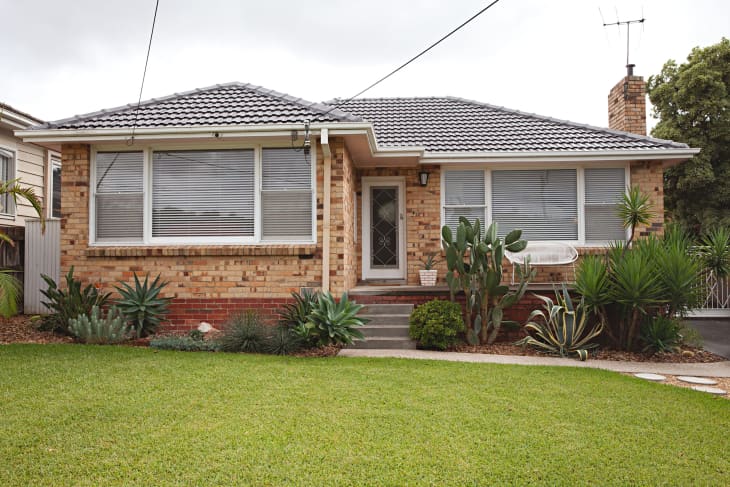What Does “Starter Home” Really Mean?

When you become immersed in the world of residential real estate for the first time, there are so many terms and phrases bandied about that it can make your head spin. One such phrase is “starter home.” But don’t worry. This one means pretty much exactly like it sounds—someone’s first home purchase (with the intention to have a second home purchase) and their start as a homeowner. However, we asked several real estate professionals to explain this seemingly simple concept even further.
A starter home may not be a huge step up from your previous rental.
Although a starter home may be a major financial step for an individual or a couple, it might not be too much of a departure in terms of monthly payment, size, and location from their previous rental home due to budgetary constraints. “A starter home is viewed as one that you will be transitioning into from a rental property,” Greg Vladi, agent at Triplemint real estate in New York City, says. “Generally, this closely relates to something that the client was renting prior.”
It typically has low carrying costs.
Vladi says that many real estate agents will market a property as a starter home because it has low carrying costs, which are all the costs associated with owning a property, such as mortgage, insurance, property taxes, utilities, maintenance costs, etc.
It may not be your dream home, but you don’t have to keep it for long.
Because a starter home is someone’s first real estate purchase, sometimes it’s not their idea of a dream home because their budget is limited, says Lucas Callejas, who is also a Triplemint agent.
However, that doesn’t mean one has to hold onto it forever—or forsake making a pretty profit. Picking an affordable home or apartment in an area that is expecting a lot of new development over the next decade can be a great investment—even if you only live there for five to seven years, says Callejas. For example, one of his clients purchased a condo in Harlem for $330,000 in 2012 and sold it this year for $670,000, which is just above a 100% return. While this method does require a bit of luck, it can be easier in big cities that are pressed for space, like New York and San Francisco.
Choosing a starter home is a practical and emotional decision.
“I think a starter home really means an entry point into a buyer’s future comfort and long-term happiness,” says Jessica Swersey, an agent with Warburg Realty in New York City. She also believes it’s a decision made with both the head (i.e., practicality and logic) and the heart (i.e., emotion and instinct).
The buyer’s head tells them that a present investment in a starter home is the way to grow wealth for the future. “They understand that, upon the resale of their starter home, the profits can be reinvested into the next bigger and better home,” she says.
Meanwhile, the heart has its demands as well: “Even though the starter apartment may not be the apartment of their long-term dreams, they do have to live there and grow a life there for the time being, Swersey says. “The heart wants the starter apartment to feel like a home.”
For example, she recalls a client who wanted to purchase a starter apartment in Williamsburg, Brooklyn, for the sheer investment and resale potential. “But as we continued to search, he also realized it was important that he loved the space he lived in, even if he was only going to live there for three years,” she says. Ultimately, he decided on a different property—using both his head and his heart. “He was grateful he had both monetary growth potential in his investment and love of his home at the end of the day.”